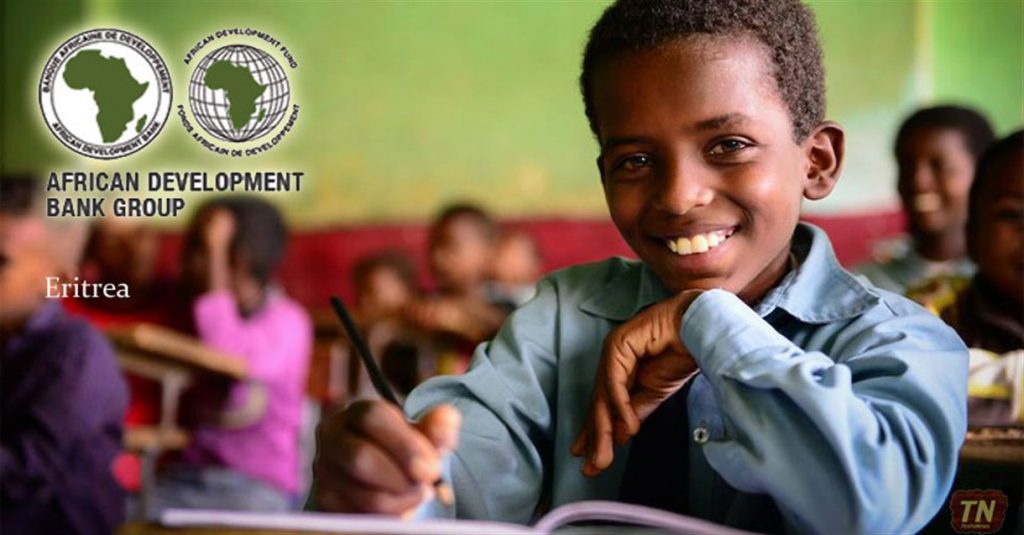More than 56 million people require humanitarian assistance and more than 17 million are displaced across Africa, according to the African Development Bank.
This fragile situation is largely a consequence of conflict and natural disasters, and based on current trends, poverty will be increasingly concentrated in countries in fragile situations, says the Bank in a paper presented at the second meeting of the 14th Replenishment of the African Development Fund (ADF-14). The event is taking place June 30-July 1, 2016, in Abidjan, Côte d’Ivoire.
The paper, ‘Leaving no one behind: The role of ADF in supporting fragile situations’ advocates for ways of addressing fragile situations as well as building resilience to reduce the severity and probability of fragile situations. “It is not possible to avoid existing risks. They need to be identified and mitigated,” says the paper in part, adding that the nature of the risk varies from political instability, institutional weakness, poor governance and security concerns, to structural challenges of undiversified economies, urbanisation and climate change.

Established in 1972 and operational in 1974, the African Development Fund (ADF) is a multilateral source of concessional assistance dedicated exclusively to the needs of Africa’s least developed and most vulnerable countries. Together, the African Development Fund, the African Development Bank and the Nigeria Trust Fund comprise the African Development Bank Group. The ADF is the largest source of development finance solely devoted to clients in Africa.
The AfDB is investing more resources to address fragility, as evidenced during ADF-13, which saw the amount of resources allocated to fragile situations increase. As of March 31, 2016, 43% of all ADF resources were channeled into fragile situations, compared to 17% under ADF-12. To create resilience, UA 4.75 million (about USD 6.66 million) has been earmarked to finance pilot youth entrepreneurship projects in Burundi, Central African Republic, the Democratic Republic of Congo, Liberia and Sierra Leone. These pilot projects are expected to be scaled up under the Bank’s Jobs for Youth in Africa Initiative, which seeks to create 25 million jobs for young people in Africa by 2025.
In addition to promoting resilience by empowering youth, the Bank is building drought resilience programmes to prevent humanitarian catastrophes. Its approach involves working at community, country and regional levels, targeting vulnerable groups, and building institutional capacity, as in the case of the Sahel, the Horn of Africa and most recently its response to the severe drought in Eastern and Southern Africa, where it provided a relief package of US $549 million in support of 14 countries. In mapping out these responses, the paper emphasises the importance of involving women. “Empowering women needs to be part of any engagement in these environments, such as the Post-Ebola Recovery Social Investment Fund that was funded under ADF-13 and has a special emphasis on women,” it says.
The Bank’s top five priorities (High 5s) are focused on building a resilient Africa: Light up and power Africa; Feed Africa; Industrialise Africa; Integrate Africa; and Improve the quality of life for the people of Africa. Aware of the specificity of fragile situations, the Bank engages in long-term intervention around the five areas with a cross-cutting focus on promoting inclusiveness and building institutions to transform economies.
While the economy in fragile situations can be remarkably dynamic and resilient, these countries struggle to attract foreign investment, according to the ‘Leaving no one behind: The role of ADF in supporting fragile situations’ document. It points to the critical role the private sector can play to unlock growth potential in these countries. Similarly, the AfDB President, Akinwumi Adesina, has often reiterated the importance of ensuring mechanisms that will encourage private-sector investment in sustainable development.

